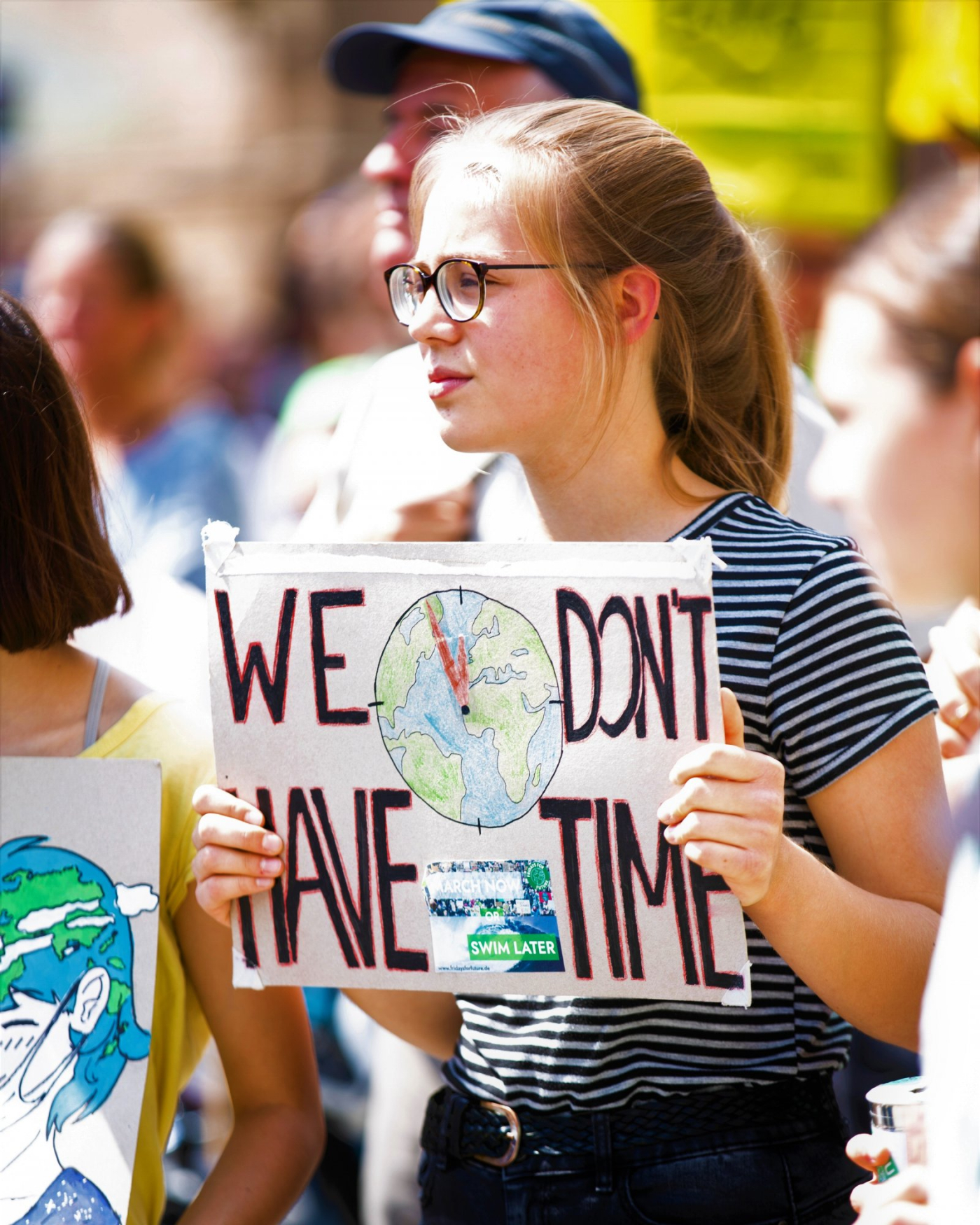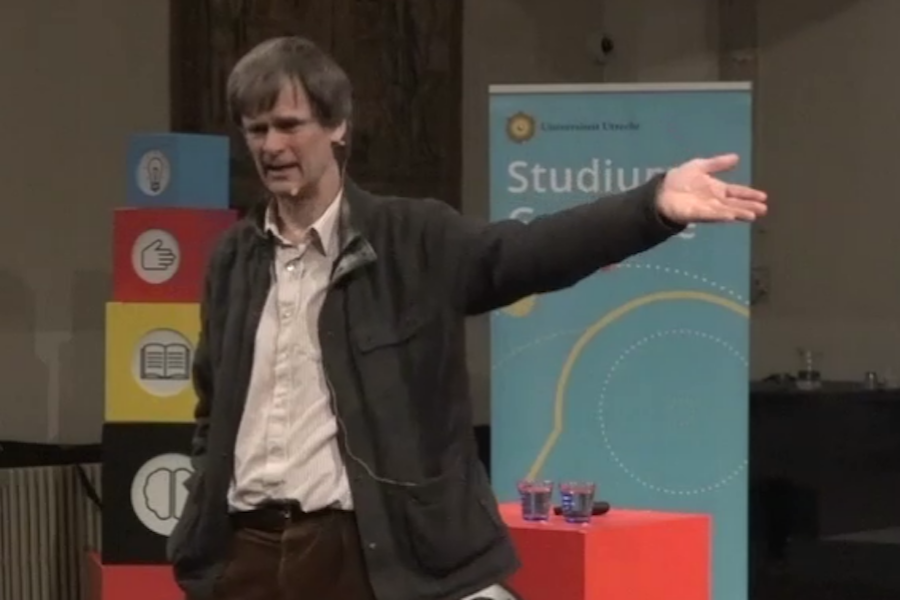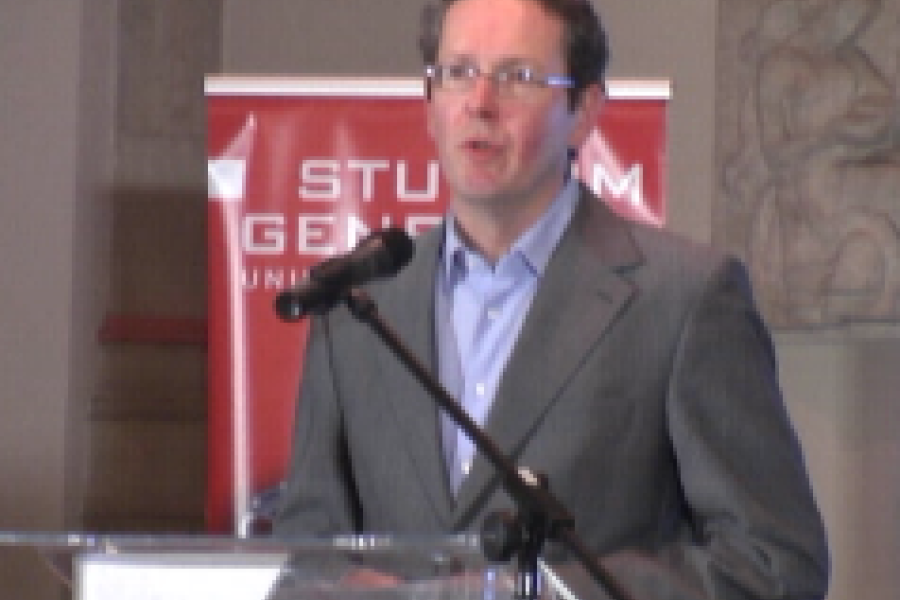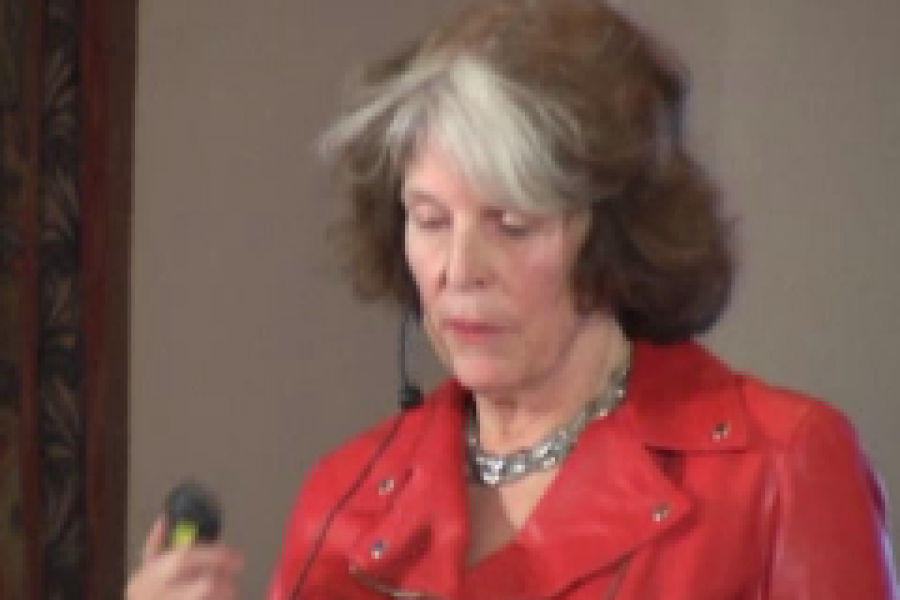The climate accord: how a great achievement is only a small step in the right direction

It took months of negotiating with hundreds of organisations, politicians and experts, and the result has finally been presented: the Dutch climate accord of Rutte III. With its plans, the cabinet aims to reduce the Dutch CO2 emissions by 49 percent relative to 1990 by 2030, and even be completely emission free by 2050. Some of the ways to achieve this are: making homes more sustainable, raising the prices of natural gas, subsidising paying-as-you-drive, raising environmental taxes for the industrial sector and closing all coal-fired power plants. Even the politically-charged measure of 'paying-as-you-drive' comes up in the accord, even though its adoption is passed to the future government of 2026.
Takes too long
Although the measures are drastic, environmental organisations state that the climate accord is not tough enough on CO2 emissions. Both Greenpeace and Milieudefensie do not support the accord because the measures imposed on corporations allegedly do not take over enough burdens that were initially imposed on civilians. They also think it takes too long until the accord itself will have any effect and that the plans in it are too phased. These criticisms on the accord are also shared by Professor of Transitional Studies Professor Dr Ir Jan Rotmans (EUR) in an interview with the Dutch newspaper NRC: "The cabinet is saying two things: we want to meet our goals in 2030 and 2050 AND we want to take it easy. But in this phase of the energy transition, you have to make strict decisions." Professor of Environmental Studies and Sustainability Professor Ir Klaas van Egmond (UU) was a guest in the Dutch radio show Vroege Vogels, where he added a little extra: the government sets norms that can't be met and acts tough while pretending they are possible, then lowers the norms. That policy is alleged to be on purpose, a continuation of old-fashioned negotiation politics in which the cabinet tries to please everyone. According to Van Egmond, this governance attitude does not fit the urgency of the climate issue. But not everyone is pessimistic. Professor Dr Gert Jan Kramer, the Department Head of Energy &: Resources at UU, attended the broadcast of Vroege Vogels on Saturday as well. He was one of the professors who calculated the measures and their results in the planning phase of the climate accord. According to him, the accord is very realistic. It is always easy to shout from the sidelines that change is not going quick enough, he says. In his lecture 'Polderen over het klimaat' he showed why the energy transition is going so slow, and what the biggest obstacles are.

Influence
The view that this typical governance attitude is preventing a strict climate policy is endorsed by economist and former State Secretary Professor Dr Rick van der Ploeg (Oxford University). Two years ago in his lecture 'Duurzaam sturen', he pointed out another important problem, specifically the lobbying parties. "No law passes through Parliament without Shell approving it first," Van der Ploeg says. One of the matters he talked about is that corporations are responsible for 80 % of emissions in the Netherlands, but pay less than half of the environmental taxes that go to the treasury. This lopsided proportion is in part due to lobbying activities by interested parties. This is why Van der Ploeg believes that the climate issue is too important to be left to politicians. Therefore, he argues in favour of more social pressure, citizens can for example demand a highter CO2 tax for corporations.
Change?
Now, two years later, the CO2-tax has been included in the climate accord (though not without a fight). But this tax is mild because the cabinet does not want to drive corporations abroad. This is a good example of the battle between economical and climatological interests, an omnipresent contrast in the discussion regarding environmental law. In the meantime, Denmark unveils more ambitious plans. The new Danish government promised legally-binding goals to reduce the CO2 emissions. The goal is to reduce the emissions by 70 % relative to 1990 before 2030, whereas the current goal is 40 %. Our climate accord may be a big step for Dutch politics, but it is a small step for the environment.











